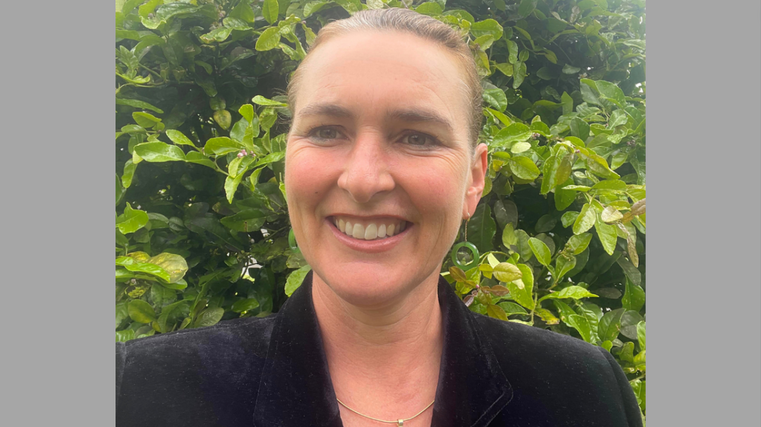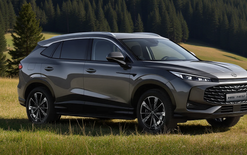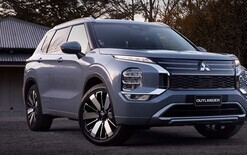Drive Electric makes feebate plea

Drive Electric has written an open letter to Simeon Brown, the new Minister of Transport and Energy, asking him to consider alternative approaches to promote electric vehicles (EVs).
Incoming board chair, Kirsten Corson, says: “We have written this open letter to the minister to say that we know they intend to end the clean car discount [CCD] by December 31, but there are different ways to incentivise EV uptake.
“If we take away incentives now with the fleet only just nudging two per cent, we are going to seriously harm uptake and confuse the market.
“We know the incoming government wants to electrify New Zealand and install 10,000 public-charging stations. This is fantastic ambition, which we support. Public charging is critical for enabling a functioning electric transport system, but we also need the cars – new and second-hand.”
Corson, pictured, adds that incentive schemes are used around the world – from Ethiopia to the US – to boost EV adoption, given the obvious economic and environmental benefits. China reinstated incentives this year, after withdrawing them previously, to stimulate uptake.
“There are a range of different options we could consider here in to create a fiscally neutral scheme to encourage New Zealanders into EVs,” says Corson.
These include a staged withdrawal of discounts to give consumers time to adjust, reducing rebates and tightening eligibility, and exempting certain categories of vehicle – such as utes – from fees.
Another option is looking at removing fringe-benefit tax and accelerating depreciation for commercial fleets. Businesses buy 50-60 per cent of new vehicles – and 60 per cent of new EVs – and usually only keep them in fleets for two to five years.
“This could be a great source of second-hand vehicles,” says Corson. “This model is being used in Australia and, so far, is proving to be successful.”
Drive Electric points out the new government here is committed to reducing the cost of living and electrifying transport is an effective way to do that. For example, charging a BEV at home is the cheapest way to drive a car 100km in New Zealand, costing less than $5 compared to about $21 using petrol.
“Our message to the minister is let’s maintain momentum with EV uptake by creating a fit-for-purpose scheme,” stresses Corson.
Open letter to Simeon Brown
Congratulations on your appointment as the Minister of Transport, we are looking forward to working with you.
At Drive Electric we have a mission to accelerate the uptake of e-mobility in New Zealand. We welcome your commitments to electrifying New Zealand and investing in 10,000 public chargers by 2030. We acknowledge your coalition agreement to end the CCD.
Drive Electric’s State of the Nation report shows the clean-car programme has helped increase our electric fleet by 70 per cent in the last year. But EV fleet share is less than two per cent.
An immediate end to the CCD will dramatically disrupt EV sales. This could see tens of thousands fewer EVs entering the market over this term of parliament, meaning higher emissions and hundreds of millions more spent on oil imports.
There is an opportunity to create an alternative fiscally neutral scheme that is still compatible with your election commitment. For example:
• A staged withdrawal of discounts that provides consumers time to adjust.
• Reducing rebates and tightening eligibility.
• Exempting certain categories of vehicle from fees (eg utes).
There are novel alternatives to explore as well, including removing FBT or accelerating depreciation for commercial fleets. We ask you to sit down with industry before ending the CCD and let’s come up with something better.
The faster we get people into EVs, the faster we end dependence on imported petrol and diesel, saving the economy and households billions of dollars every year.
An electric-transport future is a cheaper future for Kiwis. Charging a BEV at home is the cheapest way to drive a car 100km in New Zealand, costing less than $5. It will cost around $21 using petrol. It’s also a future with fewer emissions.





